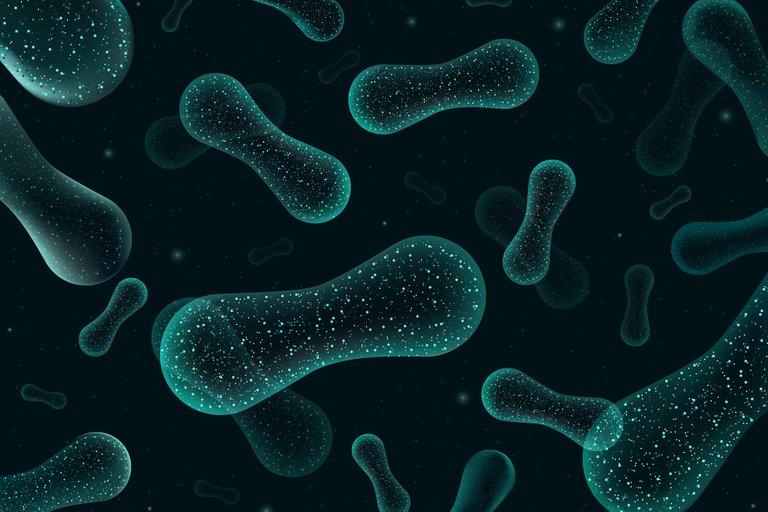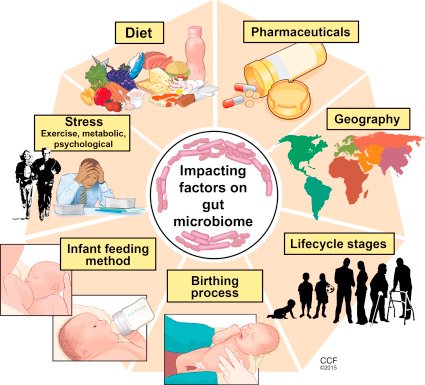What are Microbiomes?
Microbiomes are present all around us, although their presence cannot be observed with the naked eye.
The entirety of the bio and ecosystem is made up of micro-organisms that are knowns as microbes and the formation of different microbes as a community of microbes in a body is known as a microbiome.
A microbiome, can be described as a community of micro-organism that come together and exist to make up another organism or entity.
Microbiomes exist in plants, animals, the soil, water and an extensive so on.
Recent advancements in science have made the study of microbiomes easier such that they can now be observed at a very close level with powerful equipment which provides powerful insight into their existence, formation and functions.
Variations and distinction of microbiomes
Due to the complexities and difference in unique biological features of different organisms, it is only natural that this difference is extended as far as the microbiomes that make up the organisms.
Microbiomes however are not really specifically categorized although one common way to classify them would be to arrange them based on the organism or entity they are present and the functions they perform in those organisms.
For example, human microbiomes are made up of several bacteria, fungi algae and protists.
Certain factors such as diet and some others certainly affect the way microbiomes are formed in individual organisms.
Aspects of life affected by microbiomes
Microbiomes exist for specific reasons with each one performing their own functions.
Below are a number of ways microbiomes have an effect in the bio and eco systems
Metabolism and Digestion
The gut microbiome is usually found in an area of the large intestine called the cecum.
It is home to a large number of bacteria, fungi and viruses in form of microbes.
The microbes present in the gut microbiome can be very useful for the purpose of survival and also be as detrimental to the same cause. The potential benefit or harm from these microbes depends on factors like genetics, food and drug intake and so on.
Some important benefits that are derived from the gut microbiome are not limited to
- Maintaining a low lever blood sugar
- Could help regulate the immune system and mental health
- Handy in digestion of milk and fibers in kids and adults
Skin
The skin contains a large number of microbes collectively known as the Skin microbiome and they make no small contribution to the health and general wellbeing of their host.
Skin microbiomes are regarded to be responsible for things like preventing infections by keeping the skin acidic, serve as a warning system for the immune system and so on.
Exposure to UV light, current environmental states, pollution among others are common factors that contribute to the formation of skin microbiomes.

Source
What are your thoughts? Kindly share in the comment section


